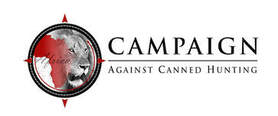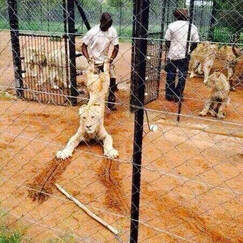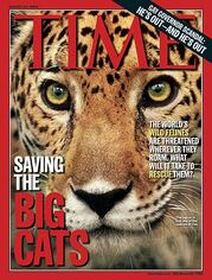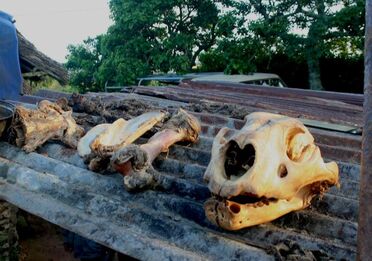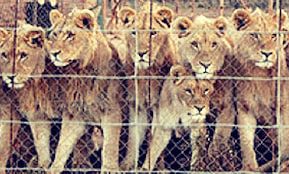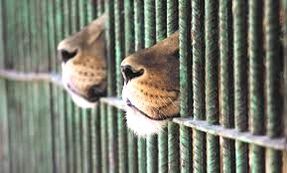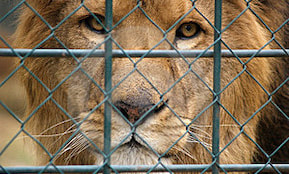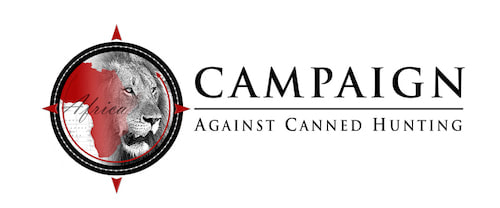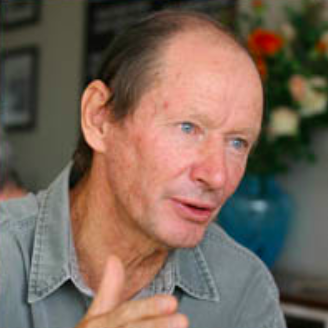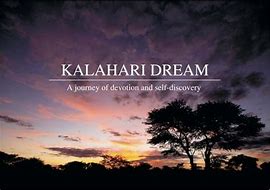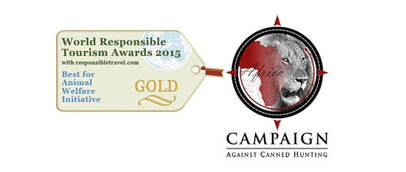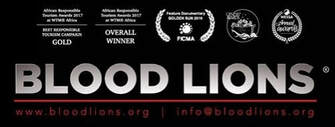OUR STORY
Background to canned hunting ...
Canned hunting is also known as vanity hunting. The so-called hunter buys a lion in advance from a lion farmer. "His" lion is drugged and moved into a restricted, fenced enclosure (see above) aka "kill camp". Sometimes, the canned hunter's lion is still drugged after the move into the "kill camp". The "hunter" shoots his lion at close range. There is no fair chase, zero risk to the "sportsman". And a canned hunt is cheaper than a conventional hunt, saving the "hunter" time and money. It's a quick, guaranteed lion head or skin to take home and show off in a vanity room.
Breeding lions for hunters - canned hunting - was first revealed in all its horror on ITV's acclaimed The Cook Report almost 30 years ago. The popular programme's hard-hitting exposés often led to criminal convictions and changes in law; it was an era in which journalism served as a watchdog. Strangely, neither convictions nor legal amendments occurred for South Africa's canned lions, despite international outrage. Canned hunting continues to be legal, and fully operational, to this day in South Africa.
Breeding lions for hunters - canned hunting - was first revealed in all its horror on ITV's acclaimed The Cook Report almost 30 years ago. The popular programme's hard-hitting exposés often led to criminal convictions and changes in law; it was an era in which journalism served as a watchdog. Strangely, neither convictions nor legal amendments occurred for South Africa's canned lions, despite international outrage. Canned hunting continues to be legal, and fully operational, to this day in South Africa.
Then came the next warning ...
In 2004, nine years after the Cook Report, Time magazine published in-depth research to spotlight the decline of Africa's predators, the big cats. Wild lions were shown to be under severe threat; numbers revealed an unexpected, alarming decrease in recent decades. At the same time, canned (farmed) lions were on the increase. Alarm bells were ringing, loudly, because farmed lions can never be re-wilded and will not survive in the wild - as proven time after time. And still South Africa continued to support the monstrous cruelty of canned hunting. (Image below shows lion bones drying, prepping for export.)
It gets worse ... FF to 2024
Fast forward to right now. Thousands of lion trophies have left South Africa. Government pays lip service only to change and it still supports canned hunting. Meanwhile, a new horror industry was born: a massive, mega-profitable lion bone trade with the East, in countries where "medicine" includes tiger bone cake in potions said to have mystical properties (such as rhino horn). Lion farmers now sell and export their lion leftover body parts - or bred lions not impressive enough to shoot - to Asian crime syndicates, as recorded in an undercover sting operation. The lion bone is sold fraudulently as tiger bone.
Carcasses are stripped in abbatoirs, bones are processed for export. And still canned hunting and lion farming is encouraged in South Africa: in 2018, government issued 1,500 permits for lion carcasses. This number was amended after pressure from anti-canned hunting groups like CACH down to 800. So please look hard at these images and ask yourself ...
Carcasses are stripped in abbatoirs, bones are processed for export. And still canned hunting and lion farming is encouraged in South Africa: in 2018, government issued 1,500 permits for lion carcasses. This number was amended after pressure from anti-canned hunting groups like CACH down to 800. So please look hard at these images and ask yourself ...
Join the campaign to fight against this unethical treatment of wild animals. Go the the Act Now page to see what can be done. Do it. For the lions. For our future generations.
Who leads the campaign against canned hunting?
Chris Mercer is a retired lawyer and farmer. Together with his late partner, Beverley Pervan, he established a wildlife rehab centre and sanctuary in the Kalahari region. When they heard of the unimaginably cruel treatment of lions on South Africa's lion farms, Chris started to campaign against canned hunting. CACH - the Campaign Against Canned Hunting - was born.
Chris Mercer is recognised as the leading international expert on the practice of canned lion hunting.
Chris Mercer is recognised as the leading international expert on the practice of canned lion hunting.
Chris Mercer, founder of CACH
"There is relentless lobbying on the part of the international hunting fraternity," says Chris Mercer. "They exert great pressure on governments. The hunting group is wealthy and arrogant. One significant canned hunting outfit is Safari Club International (SCI), a rich, therefore powerful and influential US-based hunting lobby. There are more ... equally vain, just as vicious. To this day, SCI has a hunter score system that promotes maximum killing (of lions, elephants, rhino etc) in minimum time. Worse, these groups have infiltrated the major, once-respected global conservation organisations."
Chris and Beverley published two books including Kalahari Dream, a fascinating personal account of their seven-year wild animal rehab experience near the Botswana-South Africa border.
CACH was the recipient of a Marchig Trust grant in 2007. In March 2014, a 62-city global March for Lions was co-ordinated by CACH, asking the South African government to outlaw canned hunting. At the world's biggest travel fair, WTM, held every in London, CACH was awarded the top honour for best global animal welfare initiative in 2015. The award is presented by World Responsible Travel.
CACH supported the making of the film Blood Lions, an award-winning documentary that exposes the sordid lion farming industry in South Africa. >>>Read our blog >>>
CONTACT US
